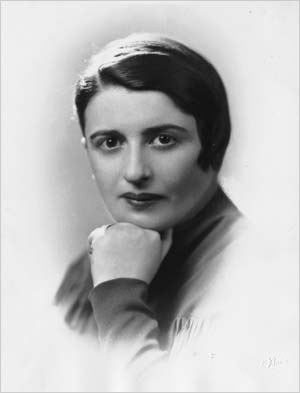Have you choice-o-philes seen The Social Network? It got me a little excited with all the "next billion dollar idea" talk. Incredible to create something from nothing like that (if you consider Facebook "something"). The American dream thrillingly portrayed in cinema. I loved it. Amazing because I expected to fall asleep or at a minimum, to encounter some level of ambivalence after growing to dislike Facebook since becoming a regular user a few years ago. Really I saw it as a film on entrepreneurism and I was truly bothered that I happened to be resting on my laurels, sitting on the sidelines and slothing through a Sunday afternoon watching this movie.
Harvard law prof Lawrence Lessig wrote in The New Republic that he felt the film's message was evil. He claims one issue is that the film is legal-centric. But the fact that some of the stars were litigants and/or lawyers does not strike me as a serious or surprising problem. When you have a multi-billion dollar idea at issue, there is bound to be litigation. They simply used the legal fallout as a back drop to tell the story. Artistic license.
Second issue was the fairy-tale quality, ficitionalized account of real events, and missing an opportunity to focus on a serious topic. But who cares that the film's focus was perhaps misguided? It was entertaining and that's what I needed on Sunday (I needed it like I need to update my Facebook status after entering a restaurant). To be clear, I like Lessig's article- but his point is lost insofar that it misses the film's effort to be popular, digestable and formatted as a modern day fable representing some real events and some concocted ones. This is Hollywood, right?
Now on to his real point. Lessig writes that the preeminent point of the film should have been that Zuckerberg faced no barriers in building Facebook- that is, the makers should have displayed the value of "net neutrality". He felt this is the most important point the film failed to make and one that "practically everyone watching [the film] will miss". True that a lack of barriers is important to develop the next big idea and in my opinion we should battle governmental efforts to erect future net barriers- but would The Social Network (TSN) be better if it was a lesson on net neutrality? It seems to me that no one would ever hear the message because its a pretty boring message. I felt the film displayed the value of net neutrality without any of Lessig's overtones.
A net neutrality-centered TSN would have made for the wonkiest feature film ever (only for people who like Star Trek)- and while its great for law professors to discuss and barely acceptable to write an article or blog about, I doubt it would translate to the screen.
I break ranks here because I agree that its important to maintain the status quo with internet neutrality rules- IMO we have only experienced the tremendous level of net innovation and resulting economic dynamism because of the liberal internet use and access rules. I guess I appreciate net neutrality more than non-neutrality because in my personal hierarchy, I place the free flow of (fast) information slightly ahead of my belief that people should have to pay for that which they consume. And prioritizing net traffic smacks of big brother funny business or worse, something negotiated behind a curtain in Davos. "Why is Rockefellers PC faster than mine?" Don't play with my speed, bro.
Though a tiered internet service system would not be the death of net innovation, I do not think its preferrable to the current set up. Certainly there are some freeriders whose freakishly speedy access is being subsidized-- but every now and then, we subsidizers are paid in full (and then some) by a brilliant little website like Facebook. PTL! Thank you Mark Zuckerberg, The Winklevi, Sean Park. Whomever I am indebted to, thank you, thank you, thank you.
A Choice blogger disagreeing with the Cato Institute sounds like heresy- right? We try to maintain a big tent here at TLoC.





